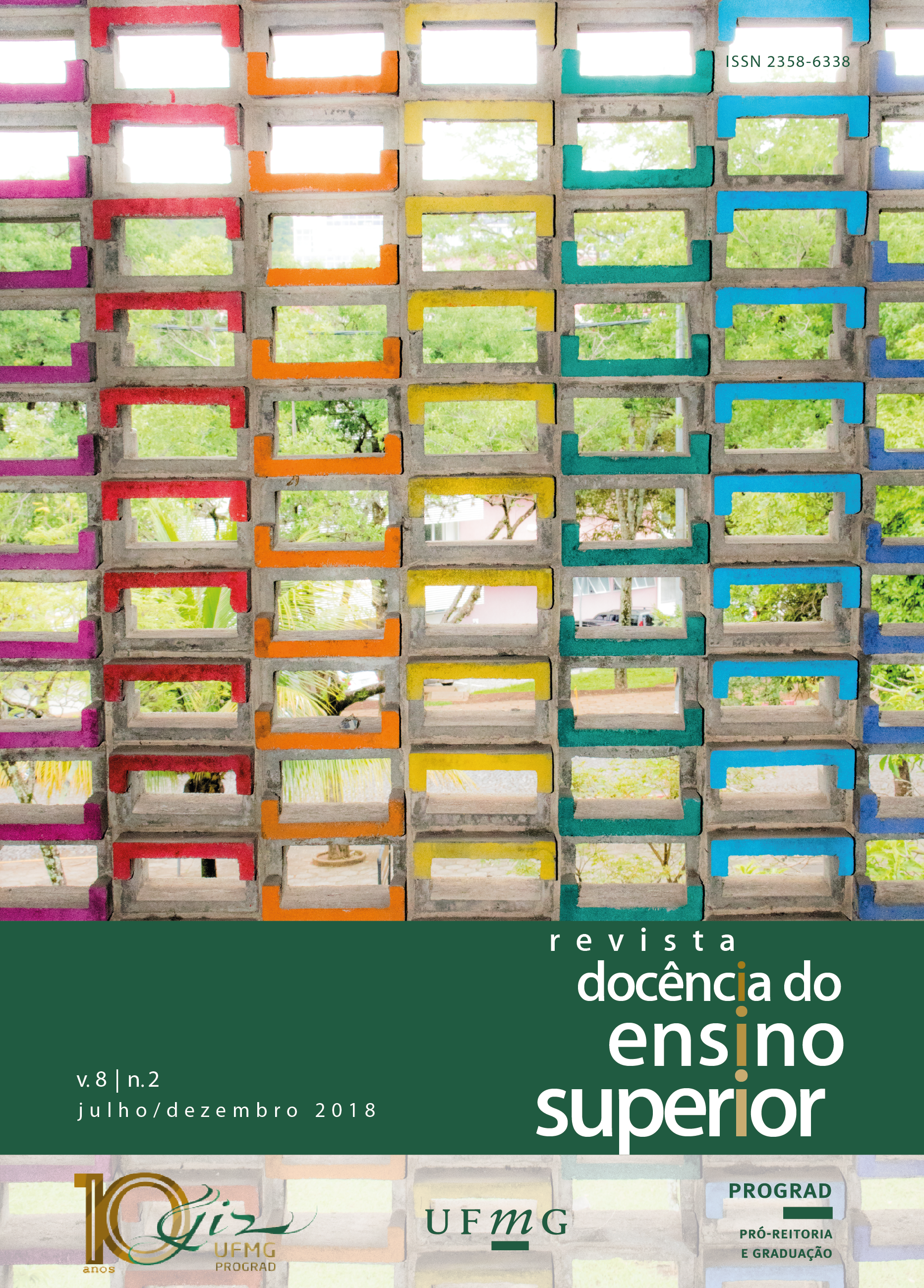Interdisciplinarity between Psychology and Law
study group work as a learning tool
DOI:
https://doi.org/10.35699/2237-5864.2018.2440Keywords:
Forensic Psychology, Study Group, InterdisciplinarityAbstract
The present article proposes to evidence the Study Group Work methodology as a learning tool during graduation. The relationship between Psychology and Law has undergone transformations that need to be updated in the scope of effective learning techniques of the professionals of these respective areas. Aiming at the creation of a space for interdisciplinary dialogue in Psychology and Law graduate students, a proposal was developed for a Study Group Work related to an extension project that could connect students from these both areas. The articulation between these disciplines presents a historical background of approximations and tensions that find expression during the didactic activities proposed in the Group. At each version of the group, the favorable results have been observed in the practice of the interns and extensionists who work in the Division of Legal Assistance of the university, indicating the importance of the Study Group Work as a way of learning tool regarding the pertinent subjects to Forensic Psychology and with regards to the interdisciplinary team work.
Downloads
Downloads
Published
Issue
Section
License
Authors who publish in this journal retain the copyright and grant the journal the right of first publication, with the work simultaneously licensed under the Creative Commons Attribution License which allows the sharing of work with acknowledgment of authorship and initial publication in this journal.
Authors are authorized to take additional contracts separately, for non-exclusive distribution of the version of the work published in this journal (e.g. publish in institutional repository or as a book chapter), with acknowledgment of authorship and initial publication in this journal.
Open access policy:
Revista Docência do Ensino Superior is an Open Access journal, which means that all content is available free of charge, at no cost to the user or their institution. Users may read, download, copy, distribute, print, search, or link to the full texts of the articles, or use them for any other legal purpose, without seeking prior permission from the publisher or author, provided they respect the license to use the Creative Commons used by the journal. This definition of open access is in line with the Budapest Open Access Initiative (BOAI).



























